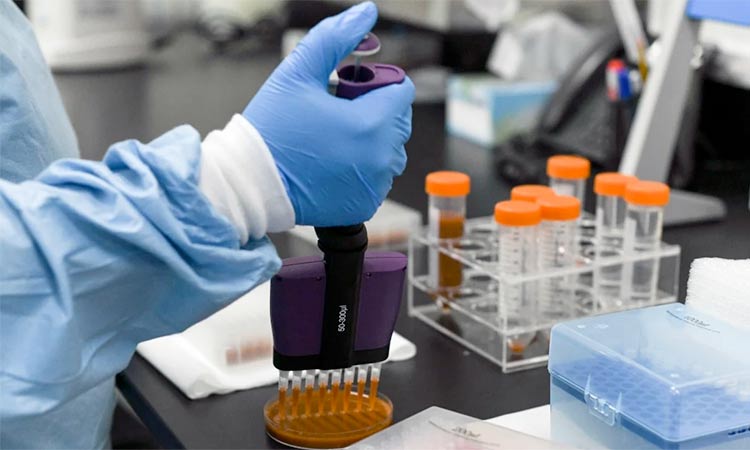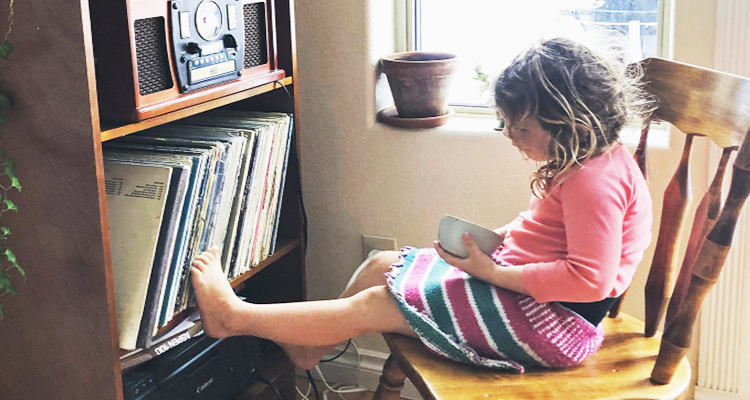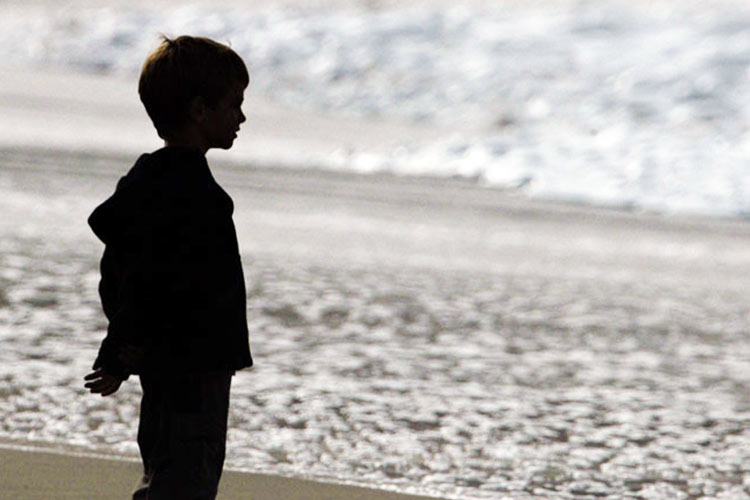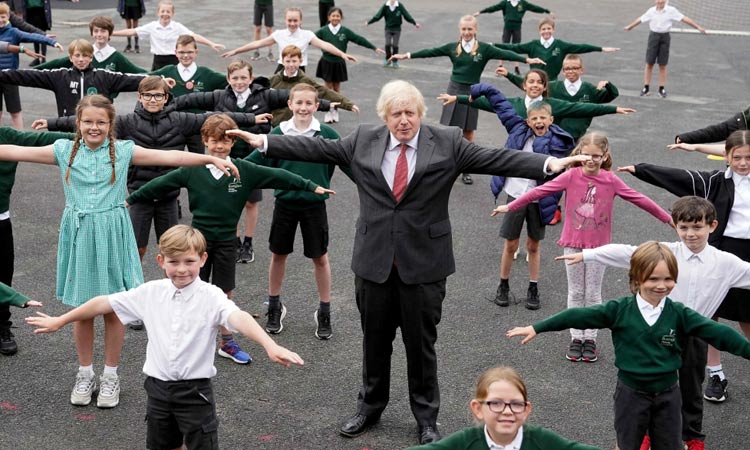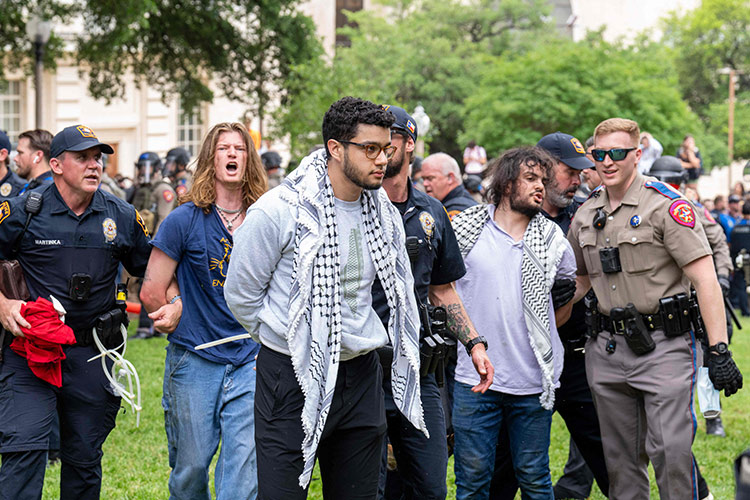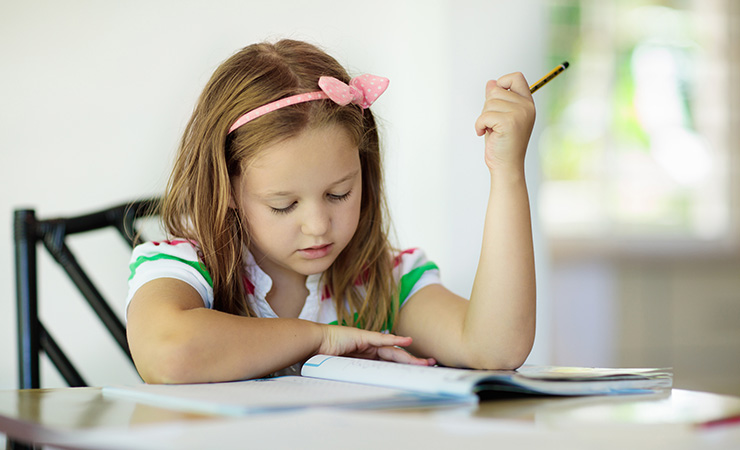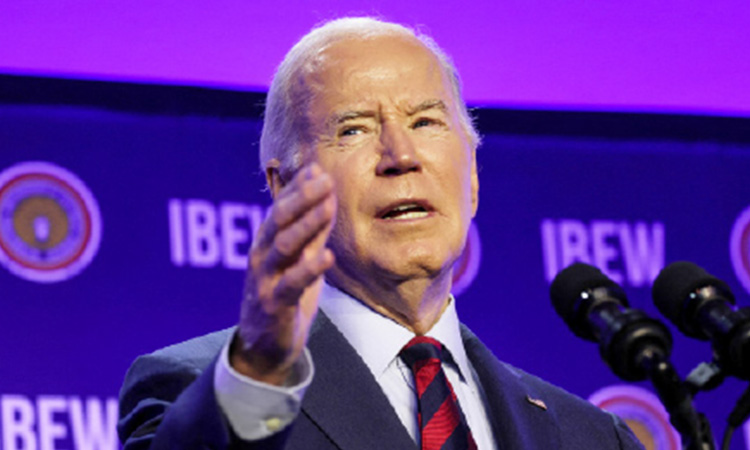Children could be vulnerable to the coronavirus
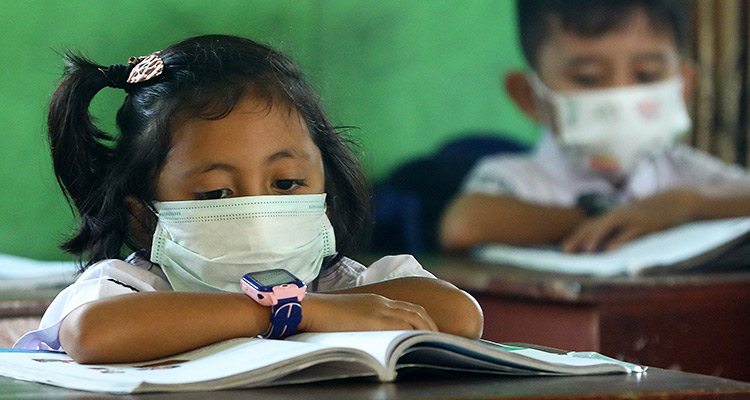
Picture used for illustrative purpose only.
Yes, the reopening of schools is being looked upon as a victory by the French government. But the concerns – and the risks - remain.
In Scotland and Germany, there were new coronavirus cases after schools reopened. That is what is bothering the French authorities and even other European countries. Many fear the end of the summer break will see a new spiral in COVID-19 infections fuelled by the highly contagious Delta variant.
When French President Emmanuel Macron visited a primary school in the southern city of Marseille, he was greeted with a fist bump by children and teachers, all wearing masks, which are compulsory indoors starting from age 6.
“I want to pay tribute to students, teachers, all staff and families because I know we imposed some constraints on everyone,” he said. “We must continue to live, educate and learn with the virus.”
Children are also required to wash their hands often, and classrooms must be regularly ventilated. Contact sports have been banned from schools.
France’s virus situation has slightly improved in recent weeks, with about 17,000 confirmed cases of infection each day on average, down from more than 23,000 around mid-August.
Macron urged teenagers to get the vaccine, open to those age 12 and older. Schools are organising vaccinations for those who want to get the shot. Consent from at least one parent is needed for 12-16s.
France is one among countries around the world that have maintained the highest rate of in-person classes during the COVID-19 crisis.
“We have refused to sacrifice whole generations by keeping them away from school for a long time,” government spokesperson Gabriel Attal said.
In primary schools, if one child tests positive for the virus, the class will close for seven days.
Even America is not taking any chances with the health of children. In the US, states with high COVID-19 vaccination rates are protecting children from hospitalisation, according to an analysis by the Centers for Disease Control and Prevention.
“Cases, emergency room visits and hospitalisations are much lower among children in communities with higher vaccination rates,” CDC Director Dr. Rochelle Walensky said Thursday at a White House briefing.
However, this does not rule out the fact that in August, the hospitalisation rate among children was nearly four times higher in states with the lowest vaccine coverage compared to states with high coverage, Walensky said.
It is a sorry state, as children make up an increasing number of patients filling Missouri hospitals during the summer COVID-19 surge, and some doctors worry that the return to school will lead to more illnesses.
The fast-spreading Delta variant combined with low vaccination rates across Missouri to create a new wave of the COVID-19 outbreak that began in June and still persists. One difference this time: children are more prone to get sick.
The number of children in the St. Louis region hospitalised with COVID-19 reached a record 31 on Wednesday before dipping slightly to 27 on Thursday. Ten of the sick children, ages 18 and under, remain in intensive care units.
For the children, the sight of a school sparking back to life could be very uplifting or heartening. Many governments including Britain’s are determined to get children back into classrooms after 18 stop-start months of lockdowns, remote learning and abandoned exams. But the apprehension remains among officials.
